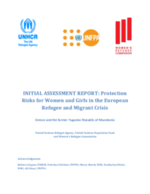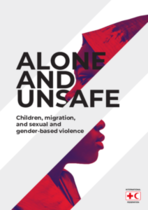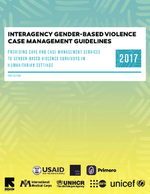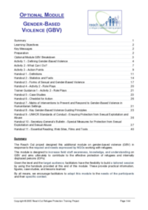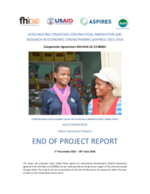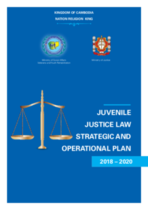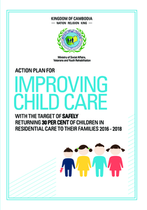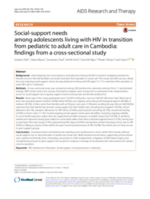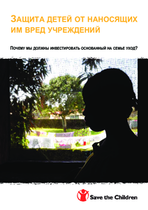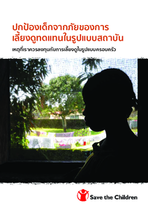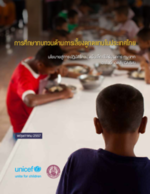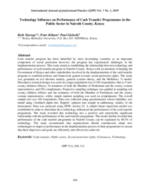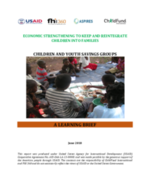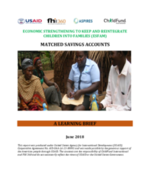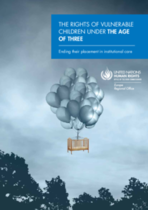Rebecca Eapen, UNHCR; Fabrizia Falcione, UNFPA; Marcy Hersh, WRC; Katharina Obser, WRC; Ali Shaar, UNFPA
Concerned by the protection risks faced by women and girls, the United Nations Refugee Agency (UNHCR), the United Nations Population Fund (UNFPA) and the Women’s Refugee Commission (WRC) undertook a joint seven-day assessment mission to Greece and the former Yugoslav Republic of Macedonia in November 2015. This report describes the assessment’s findings and key recommendations for the European Union (EU), transit and destination country governments, humanitarian actors and civil society organizations (CSOs).


